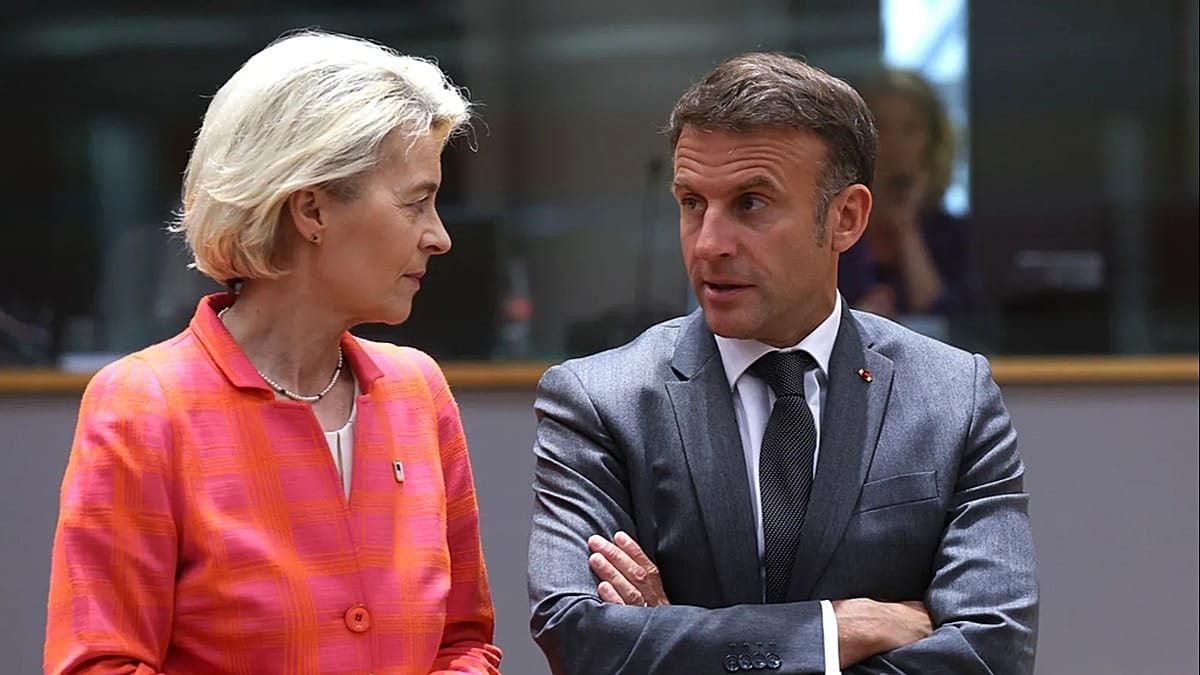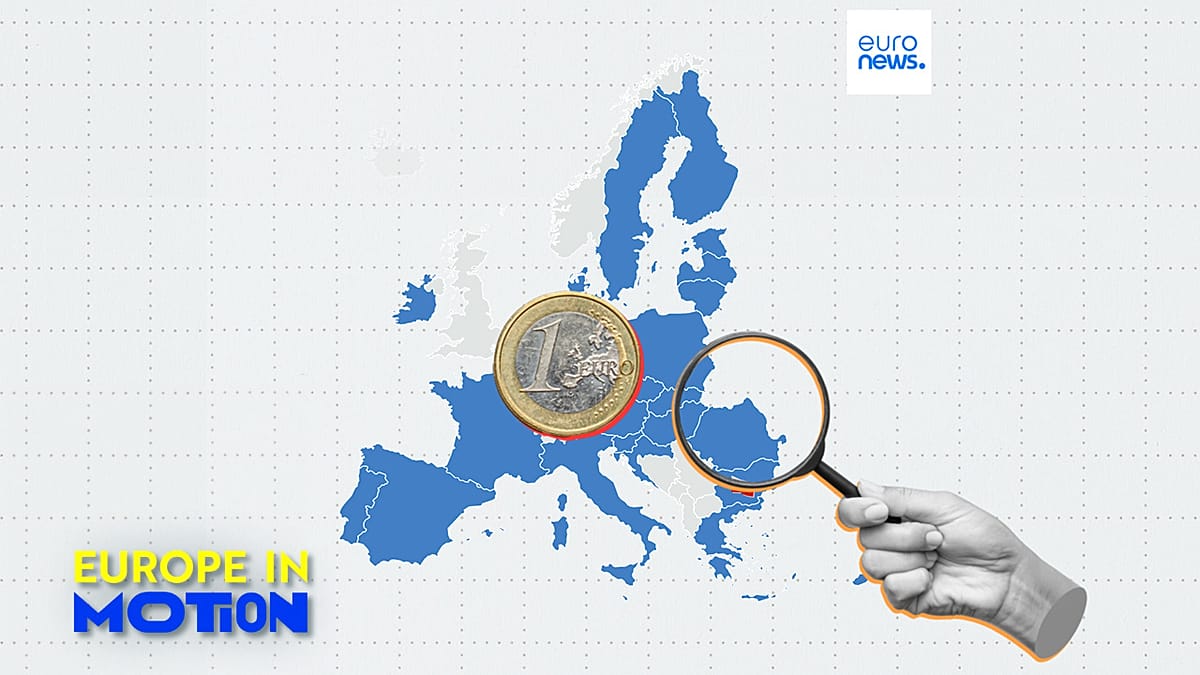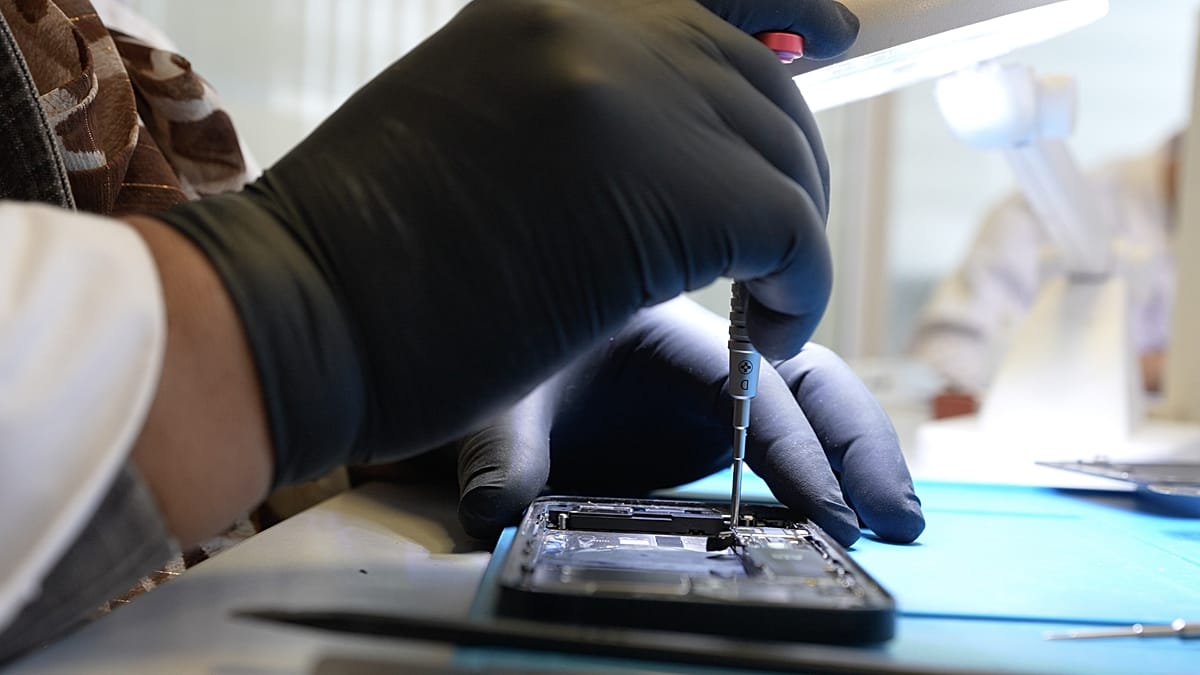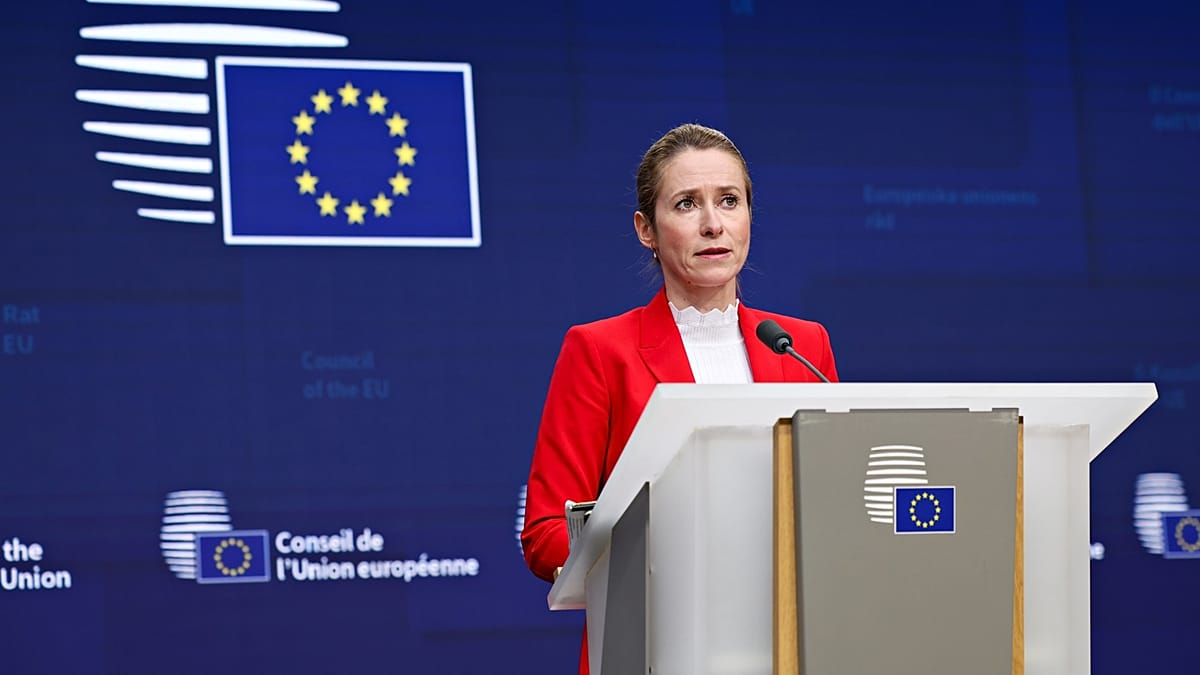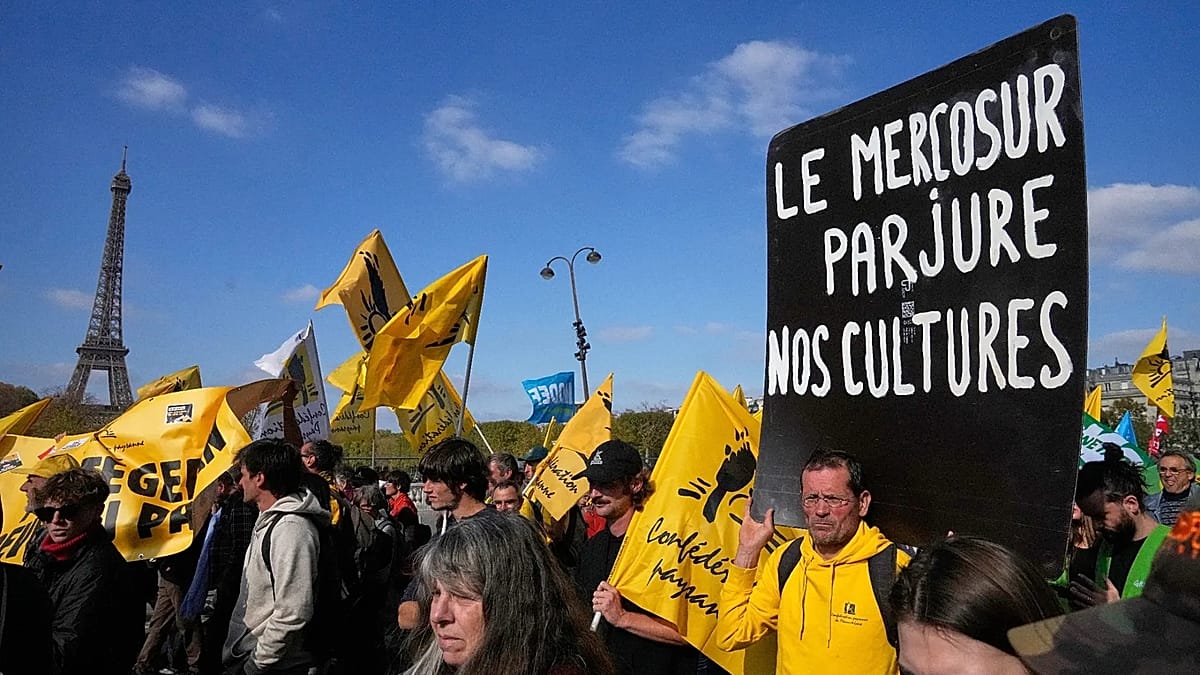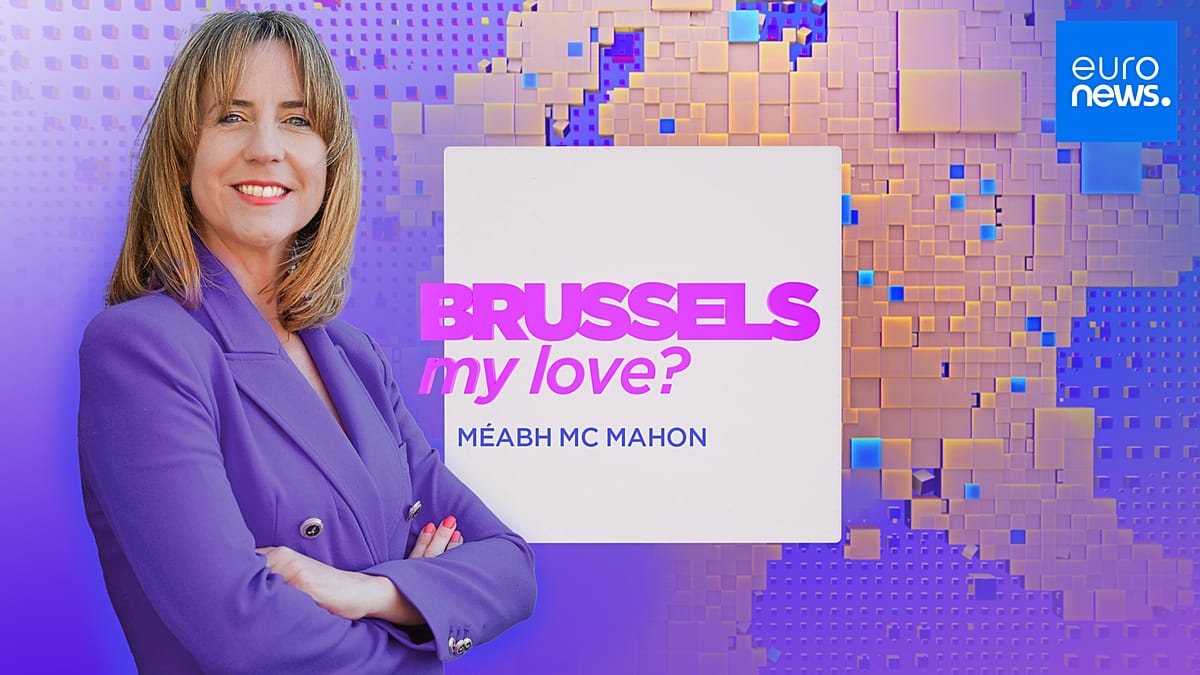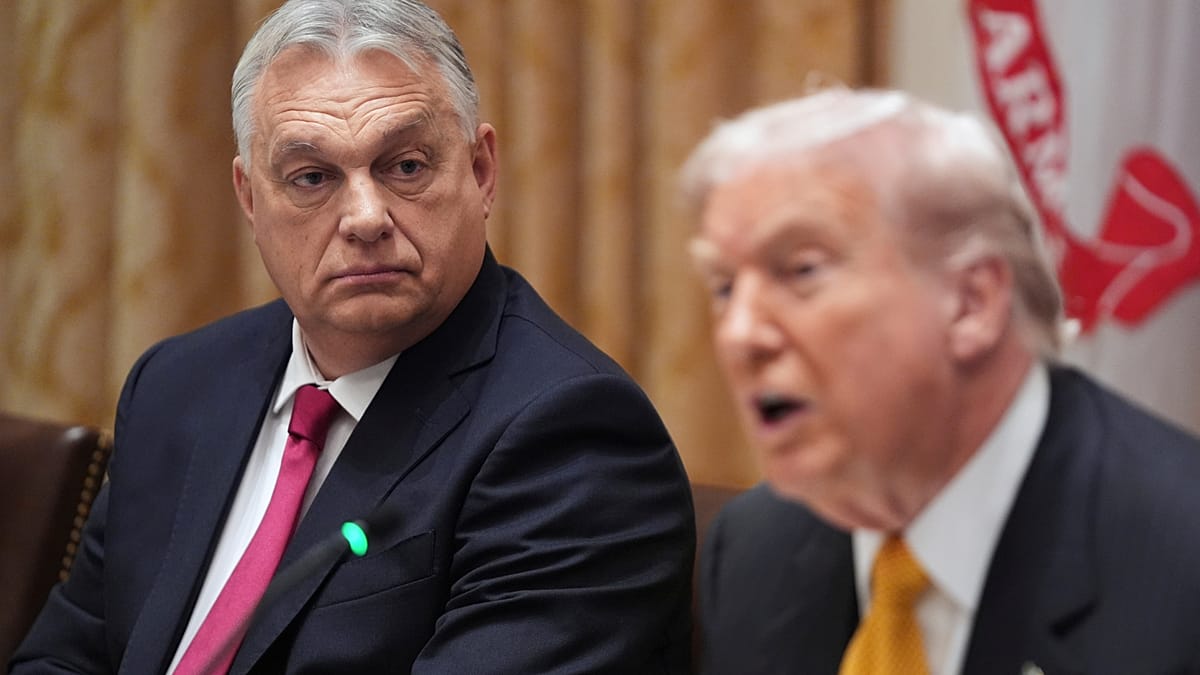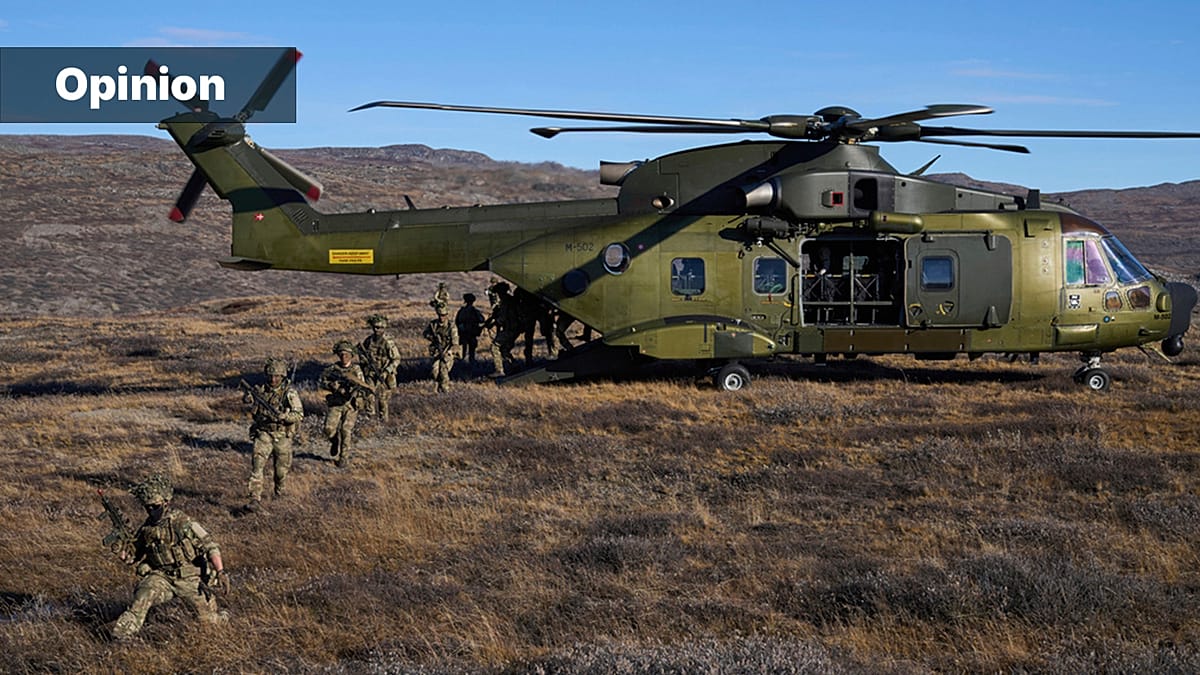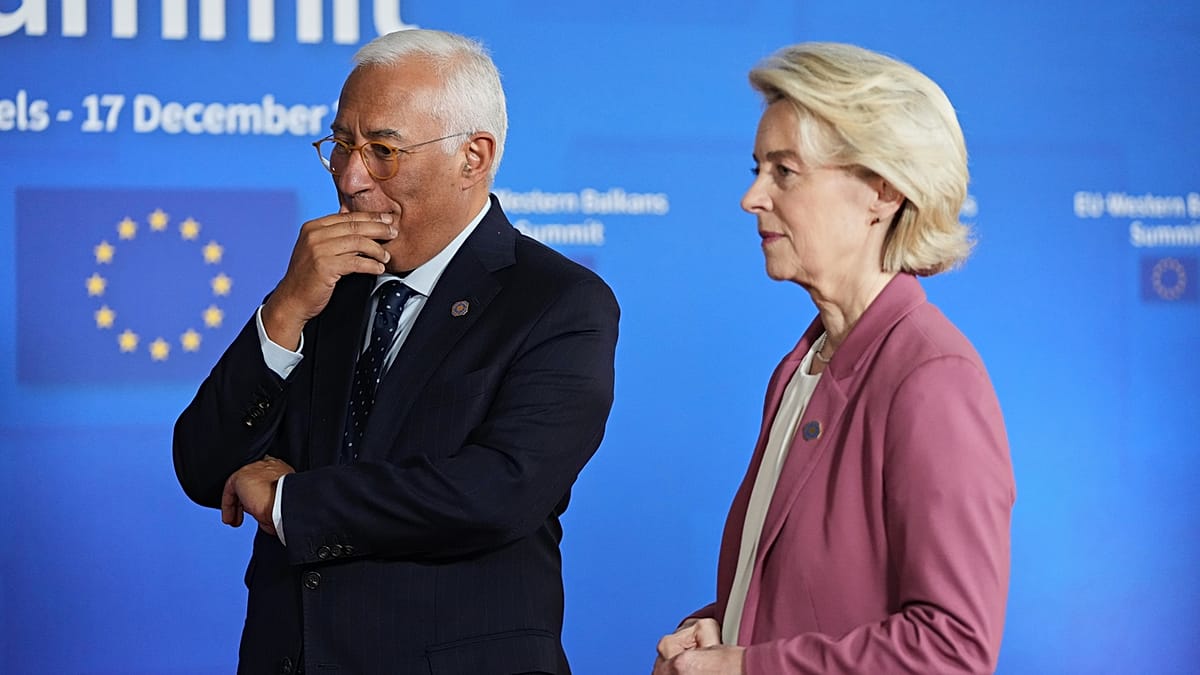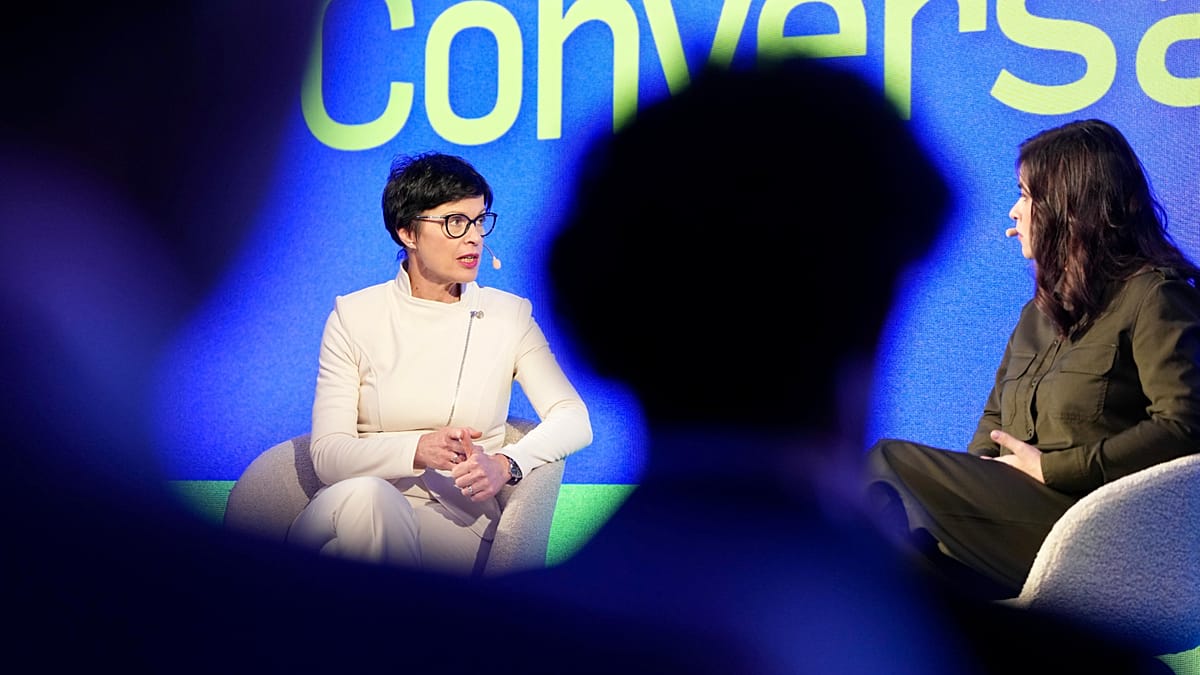
Amid a shifting geopolitical landscape and rising global instability, European Union enlargement has re-emerged as one of the bloc’s defining strategic questions. At a high-level Euronews summit bringing together EU officials and leaders from candidate countries, the message was clear: expanding the Union is no longer a matter of choice, but of necessity.
But the unique gathering also highlighted the mounting frustrations on both sides with the enlargement process, in particular with the use of vetoes.
Here is what you need to know about Euronews’ first such summit.
Enlargement is a geopolitical necessity
All the leaders present at the summit agreed that enlargement is a geopolitical necessity for the EU.
European Commission Vice-President António Costa said the EU can no longer delay bringing new members into the bloc.
“The current geopolitical context makes this priority all the more urgent and necessary for the European Union,” he said. “In an age of geopolitical uncertainty and economic instability, an enlarged European Union means a safer, stronger and more peaceful Europe, at home and in the world. Enlarging is the best investment we can make today for our future.”
Maia Sandu, whose country Moldova is particularly vulnerable to interference from Moscow given part of its territory broke away to form the pro-Russia region of Transnistria, stressed that failing to let new members in leaves the door open for competing powers to exert their influence.
“If you don’t support us to stay a democratic country and participate in the stability and security of the region, then we’re going to be used by Russia and are going to be used against Ukraine and the EU countries in the region,” she warned.
Montenegro’s Deputy Prime Minister for Foreign and European Affairs, Filip Ivanović, echoed the sentiment, calling enlargement “the best policy the EU ever had.” He added, “It will transform the EU into a geopolitical player — Montenegro wants to play a role in this.”
Vetoes amount to ‘bullying’ and are ‘not fair’
A key frustration for the leaders was the use of national vetoes by individual EU member states to stall the enlargement process.
Hristijan Mickoski, the prime Minister of North Macedonia, described it as a form of “bullying.”
North Macedonia’s path toward European Union membership has been one of the most protracted and politically complex in the bloc’s history. The country first applied for EU membership in 2004 and was granted candidate status in 2005, but its progress was long stalled by disputes with neighboring countries.
Bulgaria is currently blocking its progress, demanding new changes to the country’s constitution over historical and linguistic issues.
“We would like to see ourselves at the table in Brussels…If somebody dares to bully someone else who wants to join the club, why should the other be silent? This is not normal,” Mickoski said.
“It obviously works…and that’s why it will occur again and again,” he warned.
Marta Kos, the enlargement commissioner, also said it was “not fair” for member states, who have to unanimously approve each step of the accession process, to wield vetoes.
“You notice the same member state has given a green light to give candidate status to Ukraine, has given the green light to start negotiations, but now it is blocking,” she said, referring to Hungary.
“This is not fair and this is not how I see European solidarity and geopolitical need,” she added.
She said that one workaround would be for the Commission and aspiring member states to carry on doing the technical work behind the scene, even if the formal opening of negotiation clusters hasn’t happened so that they are closed quickly when member states do give their backing.
Full-fledged membership or nothing
Leaders from candidate countries have pushed back firmly against proposals suggesting that future EU members could be subjected to a “probation period” when they join during which they might not have the full veto rights.
Ukrainian President Volodymyr Zelenskyy said such an approach would contradict the very principles of equality and unity on which the EU was founded.
“It seems to me it’s very important that Ukraine could get such a treatment as equals,” he said. “If we speak about EU membership, it has to be fully pledged. You cannot be semi- or demi-member of the EU.”
Montenegro’s Ivanović also described the idea of accession without full rights as “hardly acceptable.”
His small country of 620,000 inhabitants has already been “on trial for the past 15 years,” he said. “Once we close all the negotiation chapters, as far as I’m concerned, the trial is over.”
Kos also voiced clear opposition, saying: “No, I’m strictly against, but this is my personal opinion”.
Internal reforms: transitional period, accession treaties
The Commission’s enlargement tsar, who in the coming weeks is expected to present a review onpre-enlargement reforms and policy for the EU to undertake before it accepts new members, instead said the bloc should make better use of accession treaties through which “we can define transitional periods”.
Poland’s accession treaty, for instance, included a transition period related to agricultural land.
“We have transitional periods, we have different areas where we really can talk about, to enable a full integration and really strong EU,” she said.
Countries push back against Commission criticism
Some leaders from candidate countries have pushed back against what they see as overly harsh or one-sided criticism in the European Commission’s latest Enlargement Package, defending their domestic progress and arguing for greater understanding of their political contexts.
Ukrainian President Volodymyr Zelenskyy seemingly took offence to a line in the report that flags “recent negative trends”, including “a pressure on the specialised anti-corruption agencies and civil society”.
He said that despite fighting a full-scale war, Ukrainian authorities “have implemented the widest, the broadest anti-corruption infrastructure in Europe.”
”I don’t know about any country who has that many anti-corruption authorities… We’re doing everything possible,” he said.
Albanian Prime Minister Edi Rama, whose country was urged in the Commission’s report to provide “further efforts” to fight drug traffickers and dismantle organised criminal groups, also took offence.
“In this moment in time we accept support, we accept partnership, we accept help, but we don’t accept lectures from anyone when it comes to the fight against corruption”, Rama said.
Similarly, Serbian President Aleksandar Vučić also dismissed the Commission’s criticism of political polarisation in his country, arguing that division is a global trend rather than a uniquely Serbian problem.
“Tell me the name of a country without deep political polarisation. I don’t know the name,” Vučić said. “Is it Romania? Bulgaria? Germany? France? Great Britain? It’s happening all over the world because of social networks. That’s how it goes in today’s world. That’s the evidence of democracy, which is key.”
The Commission also took aim at Serbia’s low alignment rate with the EU’s foreign policy, especially sanctions against Russia in response to the full-scale invasion of Ukraine, and his decision to visit Moscow to attend a military parade.
“I’m not going to justify myself for talking with someone,” Vučić said. “I believe that everybody should talk to each other.”

